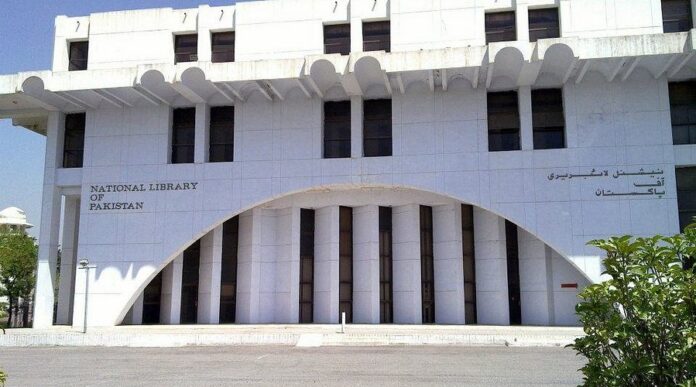- Advertisement -
ISLAMABAD, Feb 27 (APP):MUSLIM Institute in collaboration with Embassy of Azerbaijan organized a seminar titled “Khojaly Genocide and Ethnic Cleansing: A Crime Against Humanity” at National Library Islamabad.
Distinguished speakers include Ambassador of Azerbaijan to Pakistan His Excellency Khazar Farhadov, Ambassador of Turkiye to Pakistan Irfan Neziroglu, Dean Social Sciences Air University Maj. Gen. (R) Zahid Mahmood, Ambassador R Naila Chohan, and Public Relations Associate MUSLIM Institute Asif Tanveer Awan.
Speaker at the event reflected on the historical tragedy and emphasized the importance of justice and global solidarity. In a series of forced deportations, nearly 150,000 Azerbaijanis were expelled by Armenia between 1948 and 1953.
Similarly, in 1988, 250,000 Azerbaijanis were forcibly removed from their ancestral lands, transforming Armenia into a mono-ethnic state. The Khojaly genocide, an unforgettable tragedy of the 20th century, was a direct consequence of this expansionist policy of Armenia.
In February 1992, Armenian forces launched an attack on the Azerbaijani town of Khojaly and in this brutal massacre, 613 innocent Azerbaijani civilians lost their lives, including 106 women and 83 children. Eight families were completely wiped out, and 476 people were left permanently disabled.
Over 1,275 individuals were taken hostage, many of whom remain missing to this day. International media reports and medical examinations documented the inhumane treatment of victims, with acts of brutality that shocked the conscience of the world.
In 2020, Azerbaijan successfully reclaimed its occupied territories after a 44-day war, reaffirming its sovereignty and historical rights. The speakers emphasized that remembering the martyrs of Khojaly is not just an act of commemoration but a commitment to justice.
They underscored the importance of challenging narratives that justify oppression, warning that silence enables atrocities in Indian Illegally Occupied Jammu and Kashmir, Myanmar, Palestine and other conflict zones.

